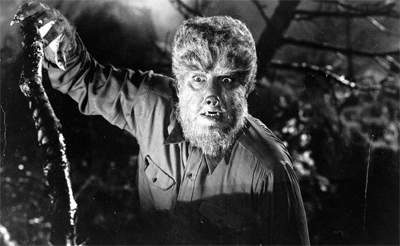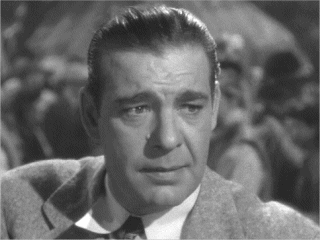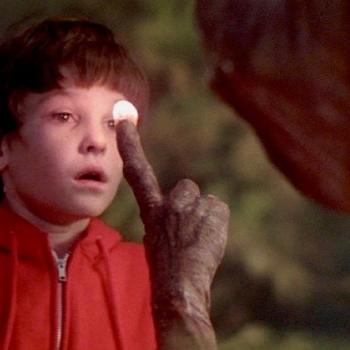
I watched a video earlier this week tracing the cultural origins of the werewolf folklore, and I learned that the monster intersects quite a bit with Christian history. At one point, it was considered a sin to even believe in werewolves, and a few centuries later, the Church was like, “Darn right, there are werewolves! Better repent fast or it’ll come for you too!”
But it turns out a lot of what constitutes modern werewolf mythology actually came from the legendary 1941 film starring Lon Chaney Jr, “The Wolf Man.” This film, for example, codified the idea that a werewolf passes his curse onto whoever he bites. In the 1941 film, this curse afflicts all-around nice-guy Larry Talbot, who finds himself in a war against his own inner monster as he tries to suppress his own violent instincts, instincts that come to life with the rising of the moon when he transforms into a monstrous creature.

In a separate blog, I wrote an extended piece about the psychology of our fear of the werewolf, but in this piece I’m going to focus on the spiritual threat he represents.
I think that the Christian fascination with the wolf, like society’s fascination with the story of the wolf man, stems from the uncomfortable truth that all of us have some secret vice that represents our worst appetites and proclivities. The image of having a literal animal inside of us is a powerful representation of what it feels like to keep our worst impulses at bay. The inner wolf can take many forms be it an addiction or some kind of proclivity that keeps us from being our best selves. We all aspire for heaven, but the fight against our own inner beasts threatens to be our undoing.

In the case of Larry Talbot, the fight is a lost one. Larry is unable to control his inner animal, and he has to be struck down (by his own father no less). As Larry lay dying, Maleva the gypsy offers this prayer over his body: “The way you walked was thorny, through no fault of your own … Your suffering is over. Now have peace for eternity.”
Maleva’s prayer talks about suffering and the heavy burden that the wolf man carries. This is interesting because we don’t always talk about our failings–or our “sins”–as burdens. Viewing our own vices as things we are called to bear, I wonder what Christ means when he says in Matthew 11, “Come to me, all you who are weary and burdened, and I will give you rest. Take my yoke upon you and learn from me, for I am gentle and humble in heart, and you will find rest for your souls. For my yoke is easy and my burden is light.”
The story of The Wolf Man is a sad one, and it demonstrates what it looks like when we are unable to rein in our worst tendencies. But the story of the Wolf Man is also one that overlooks the existence of Christ, and believers know that he is an active agent in the war against our own vices. What is the fight against the wolf man but a fight against the natural man? And Christ has offered to fight that fight with us many times.












